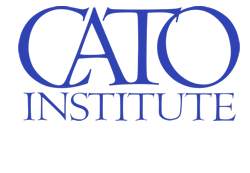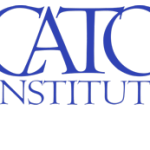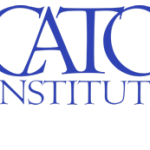Romina Boccia
Romina Boccia and Dominik Lett
As part of the Cato Institute Report to the Department of Government Efficiency (DOGE), we submitted the following recommendations to address the abuse of emergency designations and advance fiscal responsibility.
Emergency spending is out of control. Congress has designated nearly $12 trillion as emergency-related spending since 1992, circumventing statutory spending limits and enabling inflationary deficit spending. Moreover, reliance on emergency designations and powers is growing, with emergency funds accounting for 12 percent of total budget authority over the past decade. Prior emergency responses, even when unwise, end up justifying future emergency expenditures. This puts the United States in a perpetual state of emergency. Congress and the administration should rein in emergency spending.
Emergency spending surges, such as during the Great Recession and COVID-19 pandemic, are often initiated before the full scope of the emergency is fully understood, exacerbating waste, fraud, and abuse. At least $1 in every $10 of pandemic relief funds was estimated to have been stolen, wasted, or misspent. Furthermore, tens of billions in emergency funds are regularly misused for predictable, nonemergency priorities, such as annual law enforcement salaries. This violates statutory criteria for emergency designations: necessary, sudden, urgent, unforeseen, and temporary.
This erosion of fiscal norms, in which emergency spending is paid for with borrowed funds to be repaid later, undermines the United States’ financial credibility and brings America closer to a fiscal crisis. A more prudent approach to emergencies would be limited, targeted fiscal measures offset with spending cuts to low-priority programs.
The current federal disaster relief system is a bloated mess with a patchwork of agencies that poorly handle overlapping responsibilities. The result is waste and the crowding out of state, local, and private organizations that would otherwise provide for those directly affected by disasters.
Moreover, the existing disaster framework creates a moral hazard by covering any catastrophic costs that arise from living or developing property in high-risk areas, » Read More
https://www.cato.org/blog/doge-recommendations-emergency-spending






